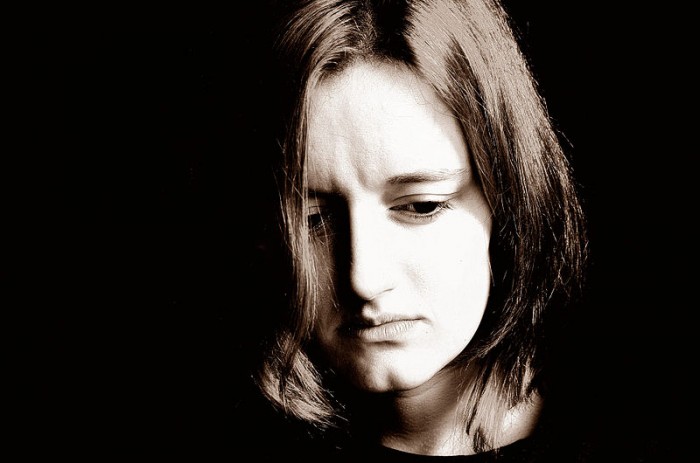At some point, all of us suffer great losses in our life—the death of a friend or family member, the unexpected loss of a job, etc. For those that haven’t yet, it’s only a matter of time.
I’ve noticed a paradox when it comes to how our society deals with mourning; we live in a culture that doesn’t hesitate to show grief and even turns it into entertainment. (Think of the recent suicide of designer L’Wren Scott and the decision of many media outlets to publish the first photos of her boyfriend Mick Jagger right after learning the news.) Still, many of us do not know what it is like to truly mourn or even what it is.
For me, those images of mourning conjured up the iconic photos of former First Lady Jacqueline Kennedy in her widow’s weeds as she laid the body of her slain husband to rest. (My grandmother kept the special commemorative issue of Life magazine, and I thumbed through the yellowed pages frequently when I was growing up.)
I saw both my aunt and grandmother wear a similar outfit, sans the hat and veil, at the funeral of my maternal uncle who died at the age of 46 from lung cancer. While his passing was no where near as sudden as President Kennedy’s, he nonetheless went pretty quickly. (It was six months after receiving the diagnosis.)
Upon hearing the news, my grandmother let out one loud scream and cried for about five minutes before she announced in a deadly calm voice, “That’s enough of that.” From that moment until the time she died years later, I cannot recall her ever mentioning his death except to say that he died.
Another vivid memory that I have from that day is the dress I wore and how I accidentally ripped it while taking it off after the service.
Looking back, the fact that I remembered so much about the sartorial details makes sense. For me, the mourning/grieving process was something akin to a special outfit—something to be worn only briefly and then put away. As I previously shared, neither side of my family “did” emotions. My grandmother, in particular, held great disdain for those that “wallowed in self pity.”
Therefore, I never mourned for my uncle, I never mourned for my parents’ acrimonious split, nor did I mourn any other thing in my life. To many people, I appeared strong. A psychologist I saw for therapy once remarked that I was a “cool customer.” For me, that was the ultimate compliment.
Therefore, when I lost my grandmother, broke up with a serious boyfriend, made an unexpected move back to the US from London, and was let go from my first real job all within six months time, I had no time to mourn any of it. Granted, I cried.
I vented my frustrations to friends and loved ones, but I never really mourned.
It took a serious bout of depression that followed after these losses to admit something I did not like: I wasn’t strong. I was in denial. I thought I was dealing with my grief, but I wasn’t. For me, mourning was more than just crying or saying out loud what happened. True mourning involved actually acknowledging my feelings and reflecting on the profound loss of those things in my life. I never did this at the time.
 I am hardly alone. In the articles that have followed the recent death of the British writer/model Peaches Geldolf, many cite an interview she gave to UK Elle in 2012 in which she discussed the death of her famous mother, Paula Yates, who died when she was 11 years old:
I am hardly alone. In the articles that have followed the recent death of the British writer/model Peaches Geldolf, many cite an interview she gave to UK Elle in 2012 in which she discussed the death of her famous mother, Paula Yates, who died when she was 11 years old:
“I remember the day my mother died. . . I just blocked it out. I went to school the next day because my father’s mentality was ‘keep calm and carry on.’
“So [I] went to school and tried to act as if nothing had happened. But it had happened. . . I didn’t start grieving for my mother properly until I was maybe 16.”
Likewise, I heard similar things when I began to share my story with others.
When it comes to how to mourn, I don’t believe there are any set rules as far as the “correct” amount of time, the “correct” feelings, etc.
Some of us will do it in private, some of us very publicly. However, it’s not important how we do it. It’s just important that we do so. Mourning and feeling grief is just as important as feeling happiness and joy. Ironically, one of the biggest benefits of mourning is that it can help us appreciate and receive the former even more fully than if we try to deny this most basic of human emotions.
Lastly, allowing ourselves to be that vulnerable can be one of the strongest things we ever do.
Love elephant and want to go steady?
Sign up for our (curated) daily and weekly newsletters!
Editor: Travis May
Photo: Sad Woman, Peaches Geldof











Read 0 comments and reply